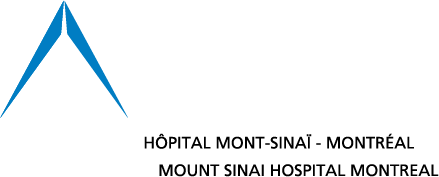At Mount Sinai Hospital Montreal, Pressure Ulcer Prevention is a continuous concern. Many long term care residents are prone to developing pressure ulcers, more commonly known as bedsores. A pressure ulcer is an injury usually caused by constant pressure that damages the skin and underlying tissue. Pressure ulcers can range in severity from mild (minor skin reddening) to severe (deep craters down to the muscle and bone). Even slight rubbing or friction on the skin may cause pressure ulcers.
Within 24 hours of admission to the hospital and on a regular basis thereafter, a nurse will assess the resident in order to evaluate the risk of pressure ulcers and identify appropriate prevention measures. All staff members caring for a particular resident will be notified of the assessment results in order to further prevent pressure sores from occurring.
Mount Sinai long term residents benefit from highly advanced electric beds with pressure-reducing mattresses, designed to prevent pressure sores – especially in highly vulnerable areas such as elbows, lower back, coccyx and heels.
Pressure ulcers can also be avoided by residents by using certain measures:
Skin Care:
- Clean soiled skin immediately
- Bathe only when needed for comfort or cleanliness, using warm water and mild soap
- After bathing, use creams or oils and avoid cold or dry air
- Eat a balanced diet
- Avoid massaging the skin over bony parts of the body
- Limit pressure over bony parts by changing positions at least every two hours in bed and at least every hour in a chair
Residents confined to bed:
- Raise the head of the bed as little and as briefly as possible (if consistent with medical conditions)
- Use pillows or wedges to prevent contact between knees and ankles
- Avoid lying directly on the hipbone
- If completely immobile, pillows should be placed under the legs from mid-calf to ankle to keep heels off of the bed
- Never place pillows behind the knee
Residents confined to a chair:
- Avoid sitting without moving or being moved
- Good posture and comfort are essential
